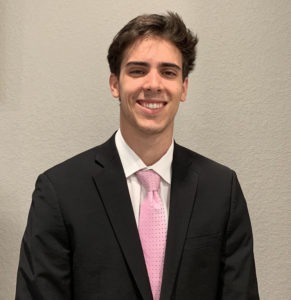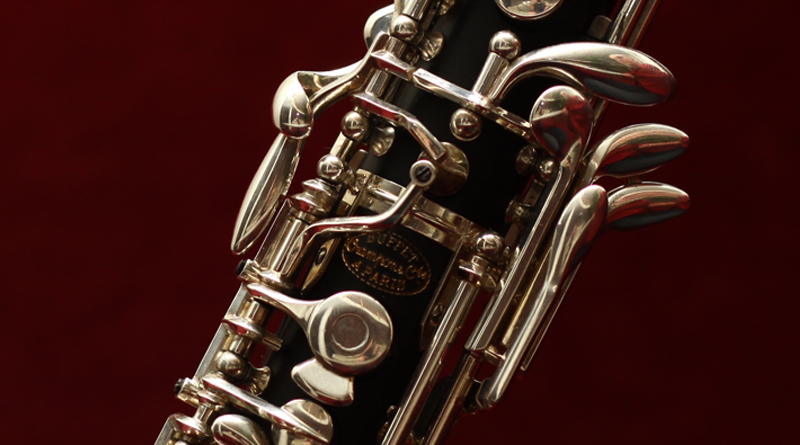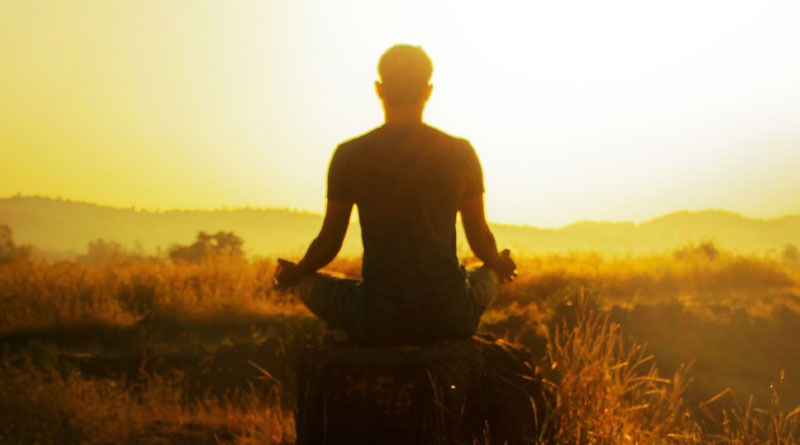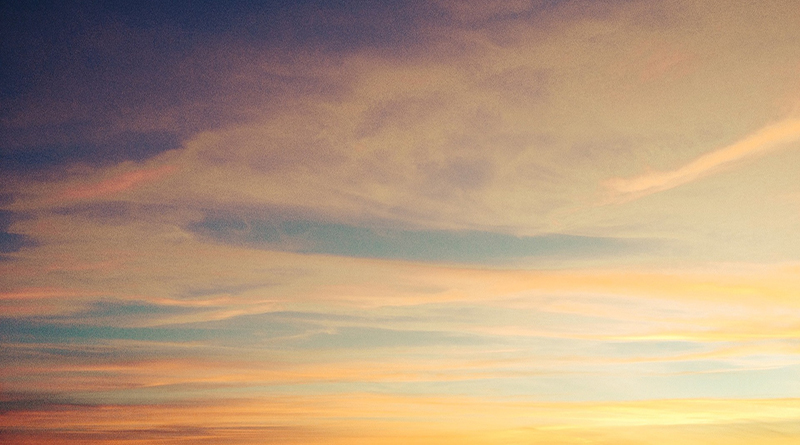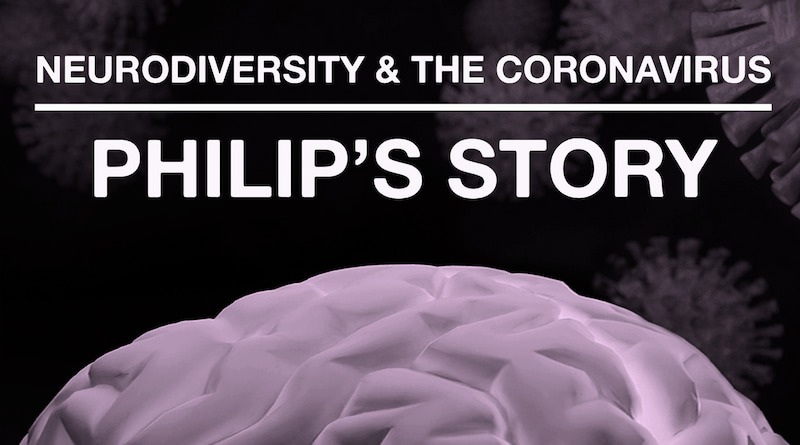
The Coronavirus Pandemic: Philip’s Adaptation to Change
The Pandemic: Philip’s Story
About the Author:
Philip is currently a student at the university aspiring business administration and pushing for law school. He has been in and out of Different Brains for a couple years now and thinks it’s is a great community. Philip is from and has grown up in South Florida for his whole life. He personally find Florida to be a great place.
Life Before the Pandemic:
Q: Describe your everyday life before the pandemic hit. Include social aspects such as school, work, extracurricular activities, and others.
A: Before the pandemic, I was kind of living a border-routine lifestyle. I would go to the gym about four or five times a week. That being cut out has been huge. I’ve been doing a lot homework. I actually benefited a lot from tutoring in Gainesville and [my college, the University of Florida,] shut down all of its tutoring centers, including campus itself. That was a little hard to adjust to.
I was taking three classes, which was two too much, but at the time, it definitely helped that I could go to a tutoring center and they could help me understand the material I couldn’t understand. I’m also part of a fraternity up there, so we had to shut down the house and all the events we coordinated, so that’s a little unfortunate too.
Every day, we’d go up to [the fraternity] for meals, and that was kind of a social gathering for everyone. Everyone would go and they’d talk to each other and ask how their day was. If someone needed help with something, someone would be there for them. It wouldn’t be a specific person, but anyone would be there for each other and we’d have events at night and stuff—social events at restaurants or bars. We had some philanthropic things. We would do charitable events like sports events and fundraisers. We’d do community cleanup. We’d go to a more industrial area and pick up some trash. We’d do stuff like that—little charitable things. We had to cancel all those because of the coronavirus, obviously.
I didn’t work, but I was looking for work. I actually had an entrance lined up with Bridgestone Tires and they had to cancel it because on top of cancelling the institution, they laid off a couple thousand people, which is also an unfortunate thing.
[The pandemic] has affected how I do school and how I do exercise. It’s pretty unfortunate. I’m taking two classes right now and I’m majoring in business with a minor in communications. My summer plans got cancelled. Everything got a little messed up through it all, but before that, I would go the gym and I was involved on campus. I got to see people. Now, everyone’s kind of a little more timid to do all of that.
[For my summer plans] I had an internship at Bridgestone (the tire company) and it was for my management program. They kind of trained you follow along the manager, and if you want, you can move yourself up in the ranks. I got the company but that didn’t work out. I didn’t get too emotional about the job, being it didn’t go through.
[In the meantime] I’m looking into a company that my uncle does about nutrition and meal plans because I enjoy eating kind of healthy and the exercise point of view of it.
Reacting to the Coronavirus & Social Distancing:
Q: Describe how you initially reacted to COVID-19 and the social distancing.
A: First, I didn’t think it was too big of a deal. I thought that the curve would flatten after they kinda put those rules into place. You know: regulations, but, little did I know was how many people were getting tested at the time, so once the numbers kinda started skyrocketing and peaking a little bit (because we had more tests to use), that kind of threw me off. I was like, “Oh my god! Now we’re really gonna have to weigh it”.
At first, I was kind of just like, “For the first couple of days, this shouldn’t be too bad”, and then I was like, “Wow–I won’t see people for a little while”. It kind of threw me off a little bit. I was definitely a little surprised at how quickly everything got taken to the sides, but I think my initial reaction was more of a “it’s not a big deal” until it turned into a big deal, if that makes sense. I was underwhelmed.
Life & Schedule Changes:
Q: In what ways did your life and schedule change as a result of the coronavirus?
A: My schedule definitely changed during the day. Like I mentioned earlier, I’d definitely be going to the gym throughout the day. I’d also attend classes or go into a tutoring session. Obviously, I can’t do all three of those things anymore, so my days have kind of turned into the same thing (laughs). I’ll do homework here and there, or I’ll do Zoom calls with you (Julia). You’re included in and involved in the Zoom calls with Different Brains, which is great. I talk to students in my classes and we’ll study together here and there. I attend my live lectures online.
My mom still works a pretty decent amount, so I’m used to that… I don’t [normally] get to see her too much. I don’t get that stay-at-home thing. My schedule’s changed significantly during the day, but at night, it’s kind of the same. I eat dinner, hang out, I like to relax more at night… but I’d say the biggest changes are definitely the gym and school. Those are the biggest impacts.
Adaptations to COVID-19:
Q: What have you had to do in order to adapt to these circumstances?
A: Mentally, I’d say that I haven’t had too much anxiety. I’d say about a week ago, I started kind of going a little cuckoo inside. I was getting a little bit of cabin fever from being stuck inside so much. As you’d recall, this past week has been super, super rainy, so it definitely got me down in the dumps a bit.
I’d call my friends, or I’ll talk to my mom… it’s a surprising thing, but you can talk to Hackie, [the director of Different Brains], and tell stories (laughs). I could talk to him. I’m spending a lot of time with my grandma. She’s 92 now, and it’s really good to spend that time with her. We don’t know how much longer it’ll be, but it’s also really nice. I’m home a lot. I get to spend time with my dogs. I feel like having good people around you, even if they’re not around you in-person and are on the phone, that’s something that helped me out mentally.
Other than being able to call people, I think that Different Brains helped me adapt to situations socially. Every Wednesday and Friday, we have these Zoom calls that help me. I get to talk to new people and introduce myself to new people, or vise verse, and people introduce themselves—just meeting new people, and it’s really hard to do that right now. The phone calls and Zoom meetings have really helped—it’s great. I wish I could do a better effort. I wish we kept in touch a little more. It is what it is, but it goes for both sides (including myself).
Being an Only Child During COVID-19:
Q: If you are neurodiverse, how has this pandemic affected your conditions or how have your conditions affected how you’re dealing with the pandemic?
A: I’d say everyone’s a little neurodiverse in their own ways. I don’t know what I would be specifically, if you wanna put a name on it. I love being social. I’m an only child, so I don’t have siblings or anyone to talk to, so, personally, throughout, high school and college, I’d always love to have some friends around. In a neurodiverse stance (or point of view), I would call what I have, “only child syndrome.”
[The pandemic] has definitely enhanced my “only child syndrome” in that respect. I don’t get to be around people, I’ve been looking to have one or two friends to see that I really do trust. I’m lucky to have one or two friends, but it’s definitely a lot different than what is was, for sure. It’s tough to live a couple of miles away from a friend you can’t see.
Coping Mechanisms:
Q: What coping mechanisms are you using in order to deal with these strange times?
A: Like I said earlier, calling people, Different Brains… I’ve actually been doing a lot of breathing exercises like meditation and makeshift yoga. I don’t want to call it yoga because I’m so not-flexible, so maybe I’ll call it stretching. Yoga is good for the mind and body. Everyone should stretch. It’s really good for you (laughs).
I’ve been doing a lot of those things—just kind of keeping the brain calm and the body right. I’ve also been exercising, so that helps let a little steam out. Working out always helps, but with me, personally.
Life Lessons & Advice:
Q: What have you learned about yourself and the world around you from these circumstances?
A: Going back to what I said earlier, I didn’t realize how much I involve myself in other people, and not even from a social aspect, but school-wise and work. Once that was taken away from me, I realized how much I relied on seeing people in my everyday life. I don’t always need to be around people, but it’s a good thing. I’m my best company sometimes, if that makes sense. That’s something I kind of learned about myself a little bit.
What I’ve learned about the world around me is, you have to respect other people’s stances. Everyone’s a little different on their comfort levels. You learn some people don’t really care for this type of thing. They’re like, “Oh, well I can’t get [the coronavirus]”, and that type of stuff—they’re very willy-nilly about it. And, some people are super protective—it’s the reactions to the coronavirus of other people.
It’s cool and interesting at the same time to see how people react to this sort of thing and a total change of society… what makes me wonder is how people think [society] is going to be like. I don’t think we’re going to have what we call quote-on-quote “normality” from beforehand for a while or until at least we get a vaccine. A lot of people think we can just hop back into it, but I don’t think so.
I personally didn’t even realize how great it was to go to school every day… you get to be like kids, you get to learn, even if people have to learn things they’re not interested in, but you get to go to school and do activities. Technology is a beautiful thing because it helps people live in the moment.
Q: What advice would you give to someone who is dealing with the coronavirus?
A: Definitely try and meet new people in any way possible—even if it’s through online. Or, get your mind right. I know that’s kind of vague, but meditation’s huge, breathing exercises really help—not only do they help your mind, but they also help you physically. They’re great for your organs and your muscles. Everything in your body requires oxygen, so breathing is a really good thing.
Talk to people. It’s always good to talk to people. Even if you think people don’t want to talk to you, in a way, that’s not true. You can call anyone and end up having a two-minute phone call or a 30 minute phone call—that all kind of circles back to technology.
Do what you can. (Laughs). I know that’s super vague, but doing what you can is probably one of the best things you can do—it’s better than doing nothing and sulking… You can do homework, you can phone calls with people, you can do Zoom calls with people. Everything is online and it’s unfortunate, but it’s a choice to be stuck inside and do nothing all day, you know? Some people don’t realize that.
Also, your body is a template—you’ve gotta take care of it (laughs). A lot of people don’t realize what you eat really puts into play what you’re gonna do during the day or how you think.
Story by: Philip
Interviewed by: Julia Futo
Interviewed on: June 9th, 2020
Julia Futo was born on August 5th, 1999, in Fort Lauderdale, Florida. She faced difficulties early on in life with trying to perform everyday tasks. Before she was five years old, she was diagnosed with two learning disabilities: Encephalopathy and developmental coordination disorder (DCD). She struggled in school for a long time, but that changed when she took journalism in high school and learned how to become an advocate. She is currently in college and hopes to help others find their voices.

